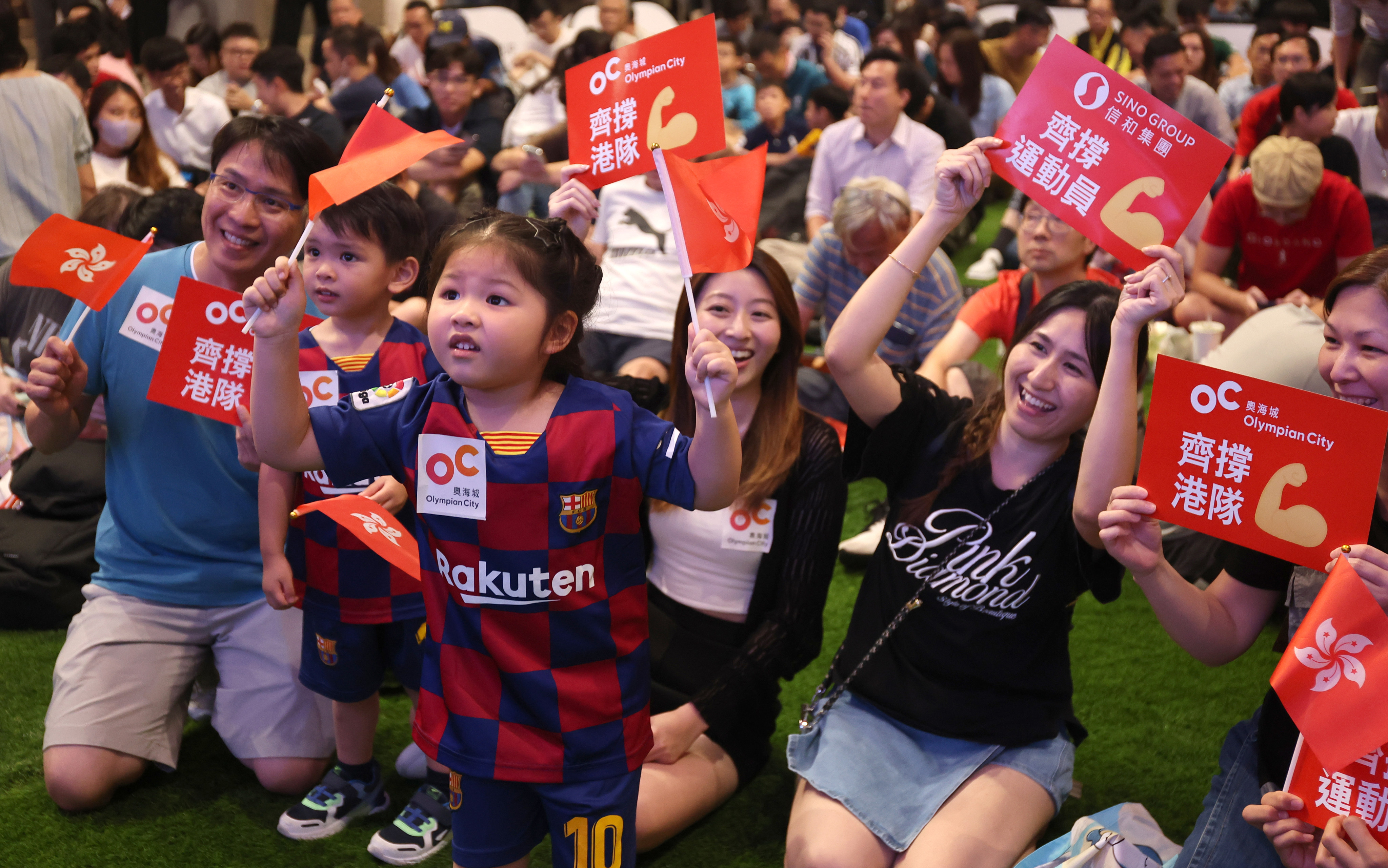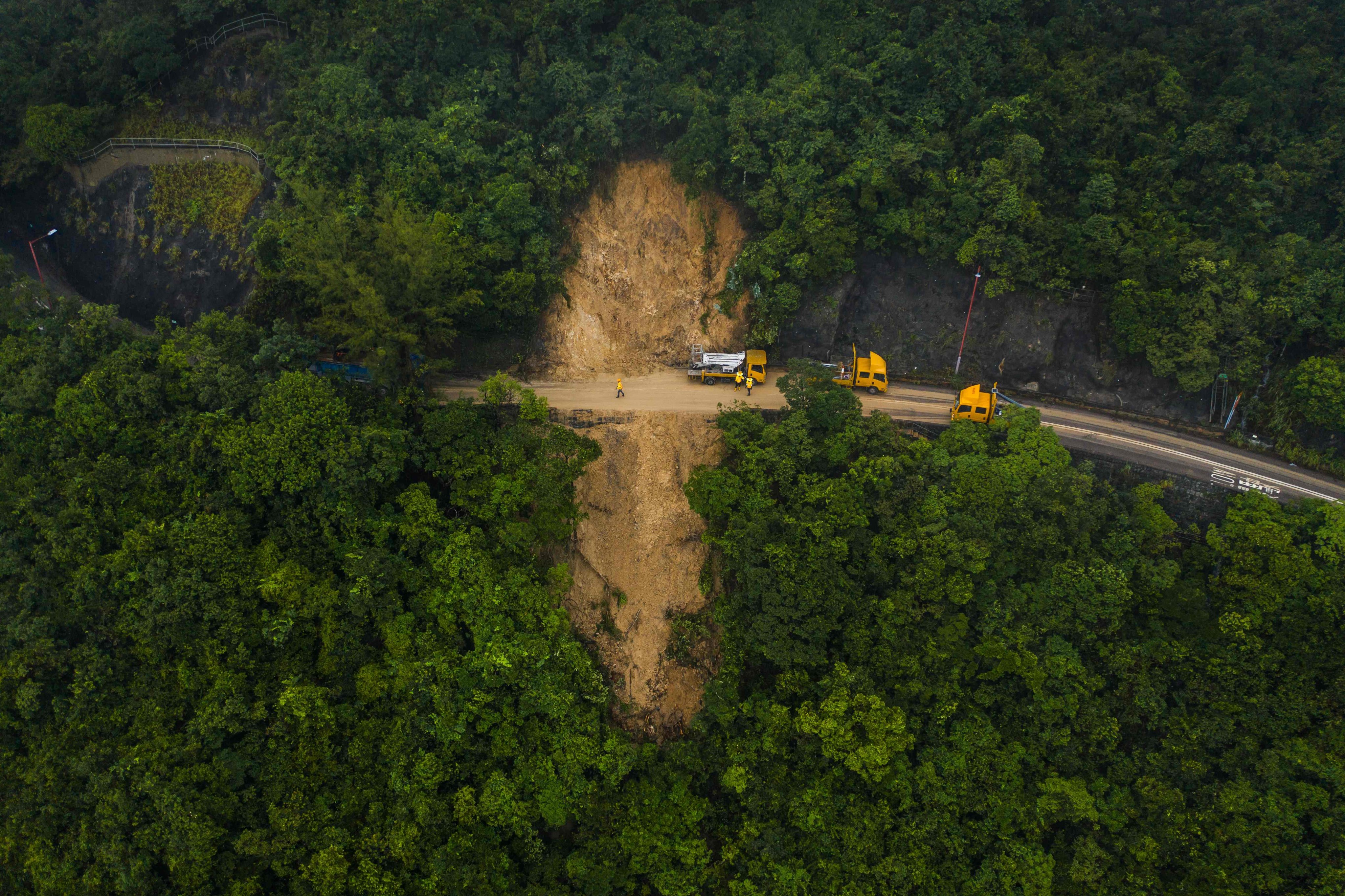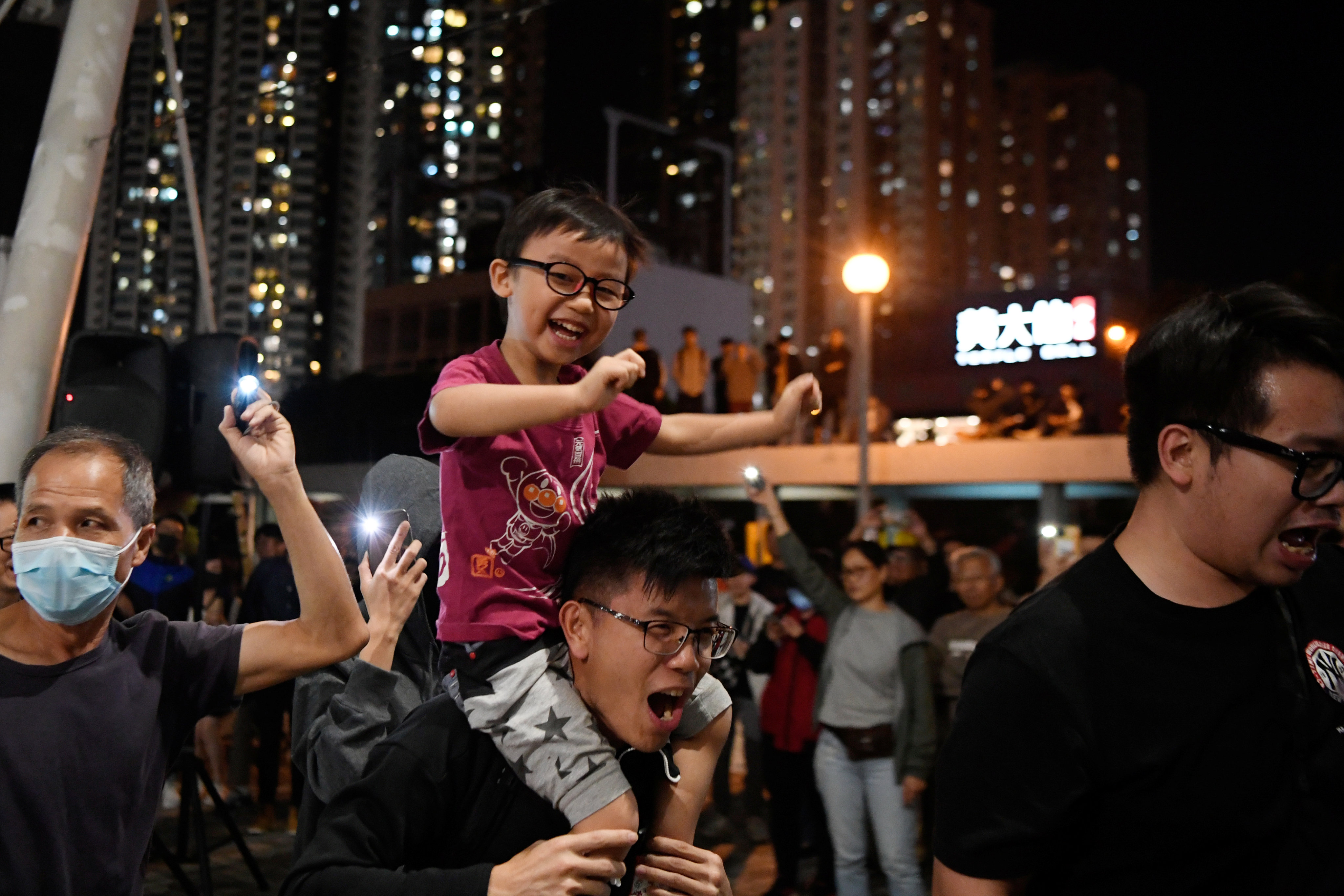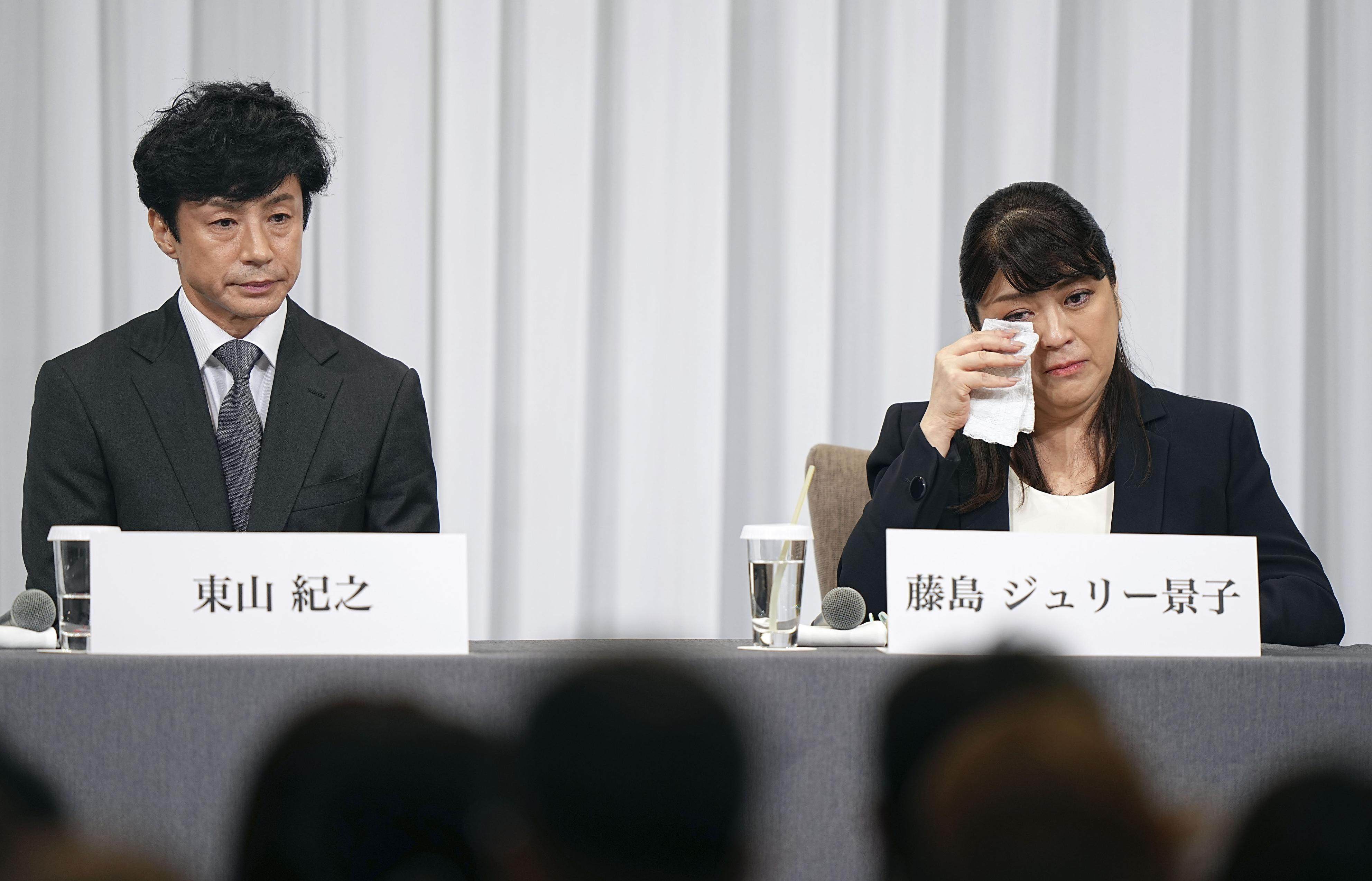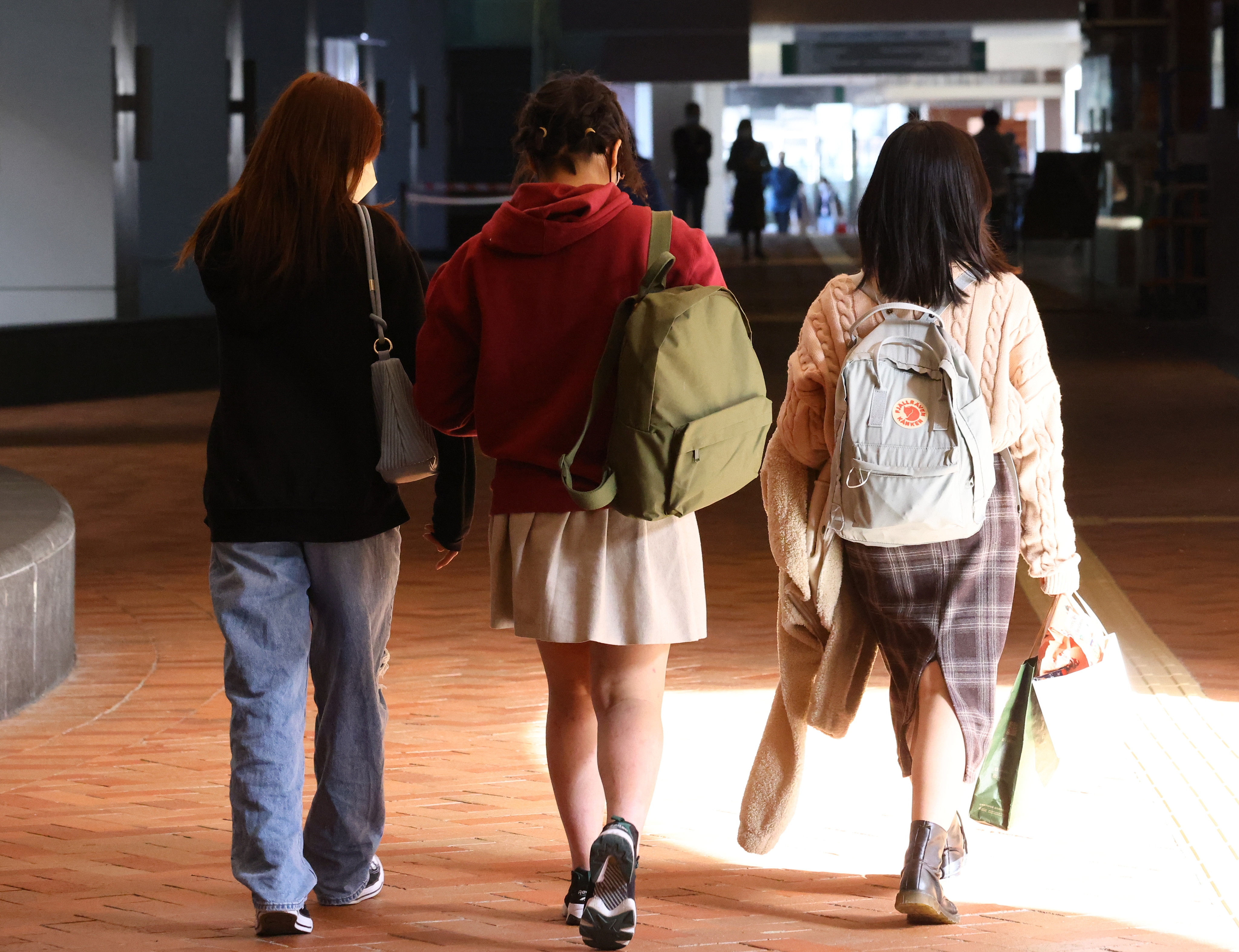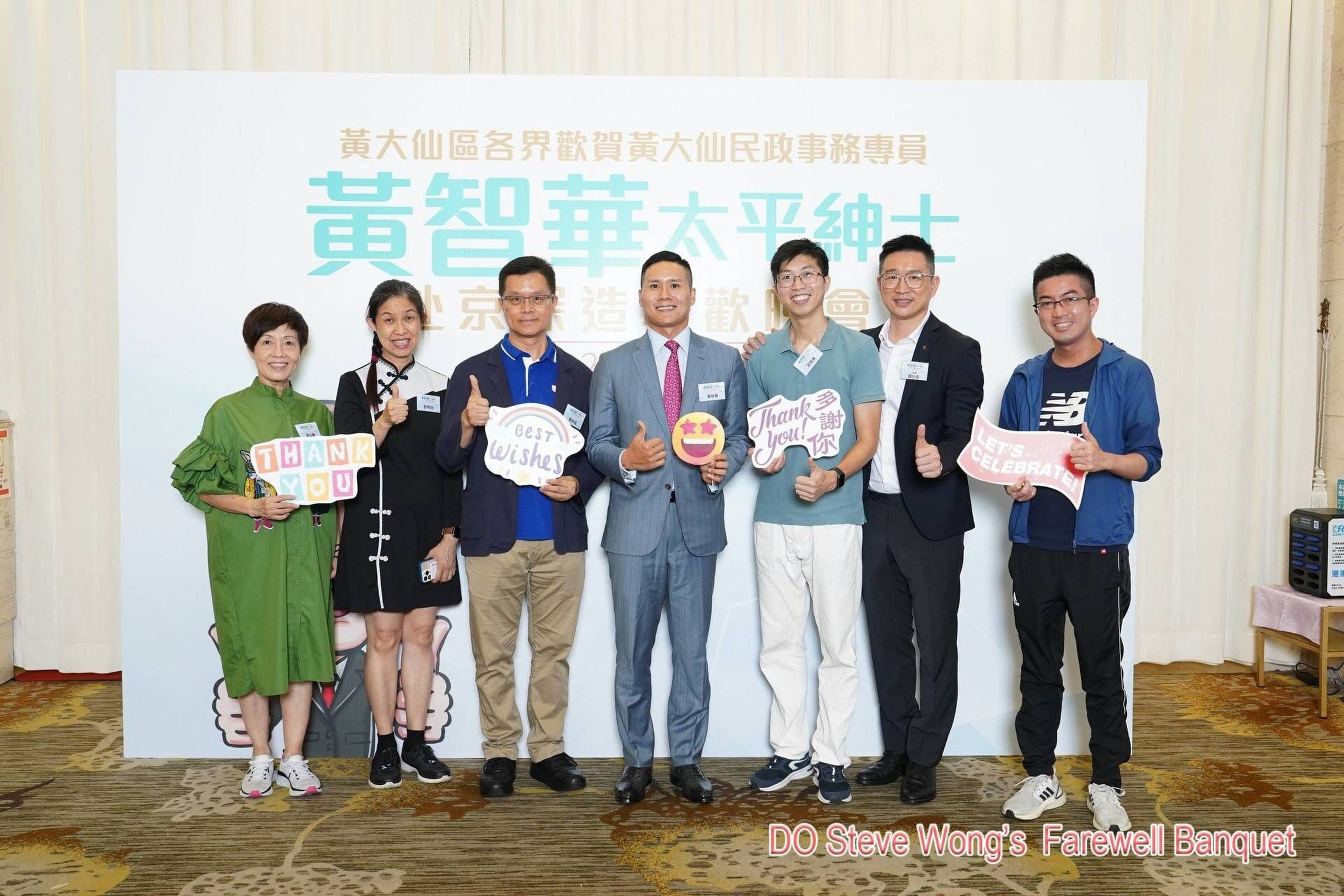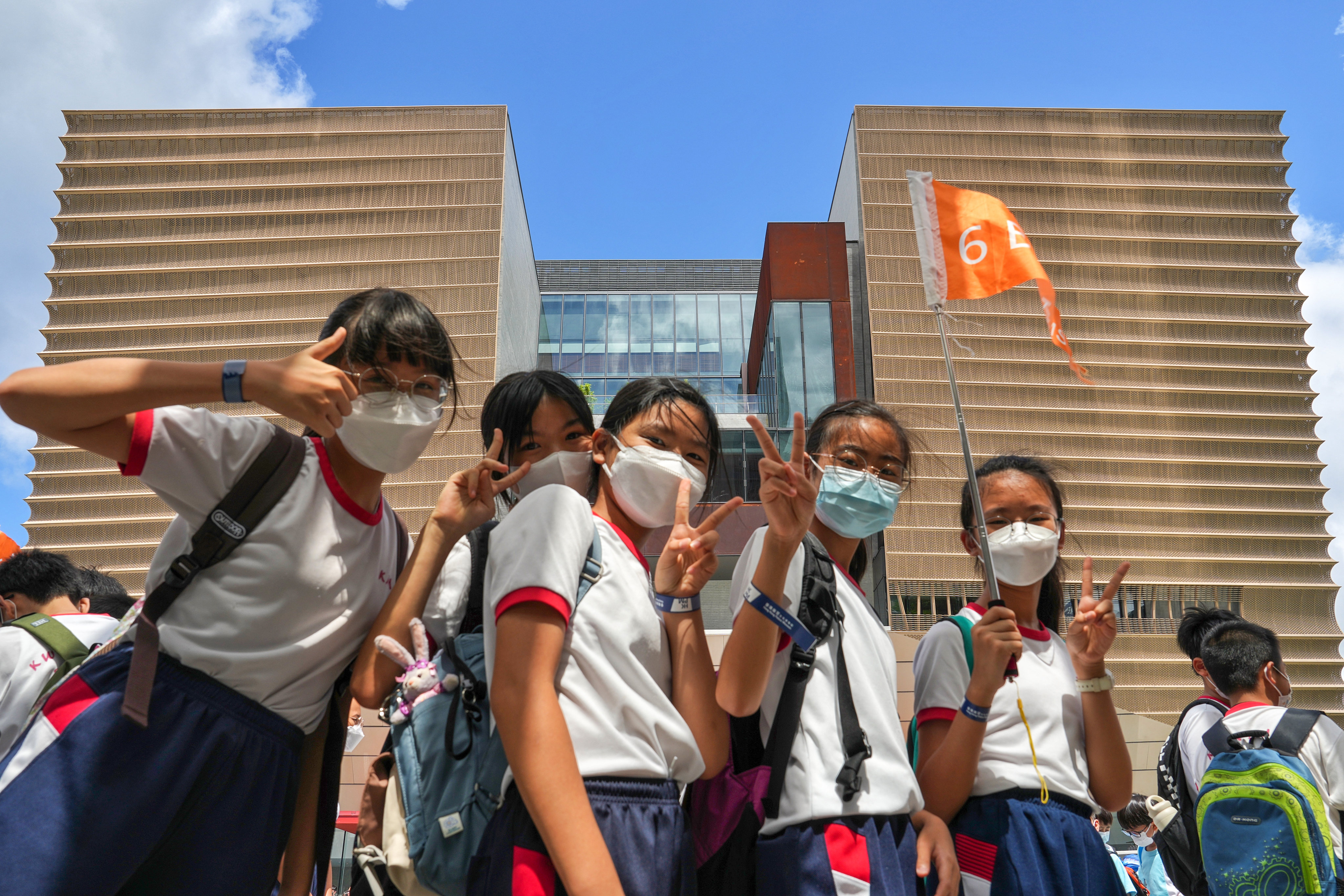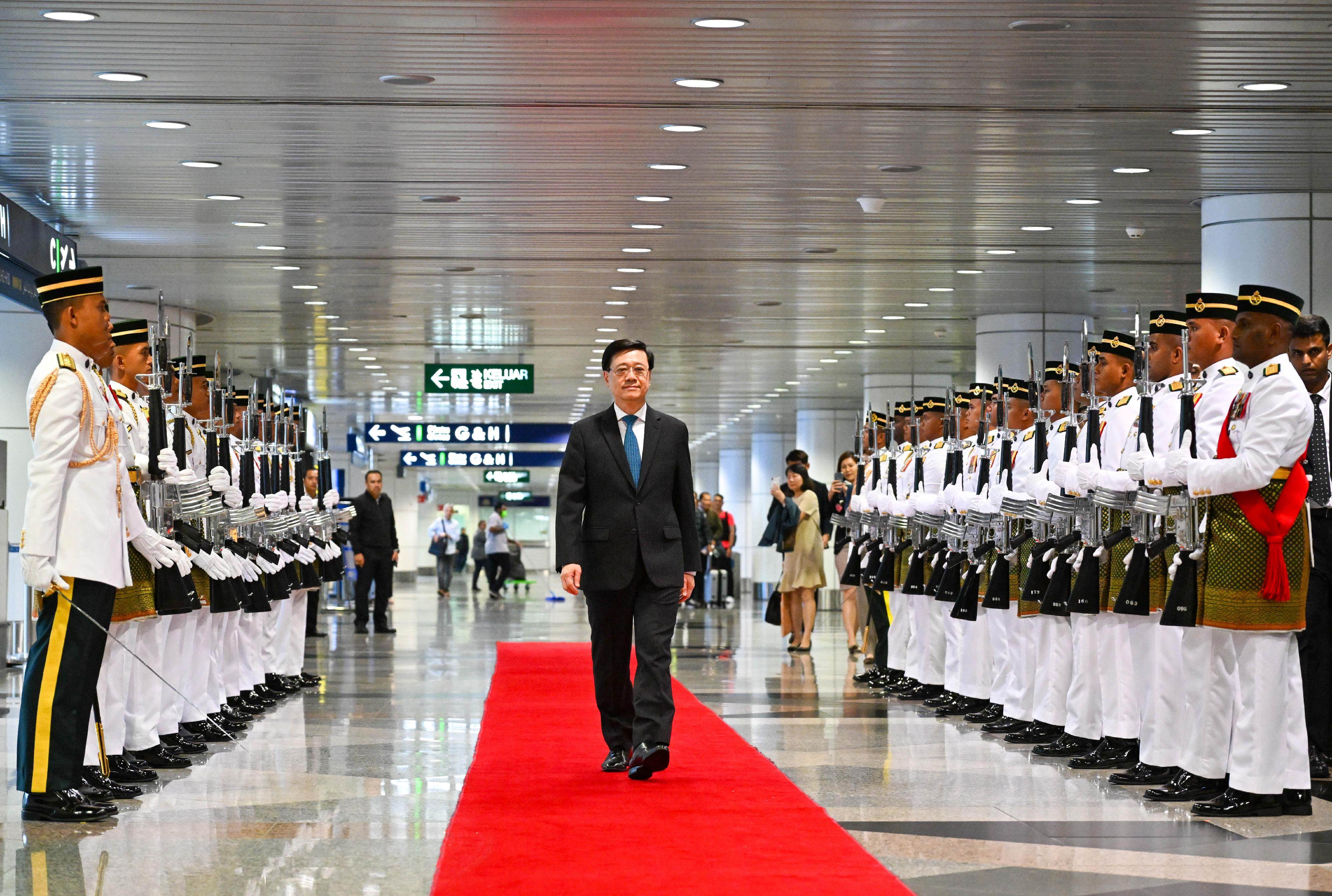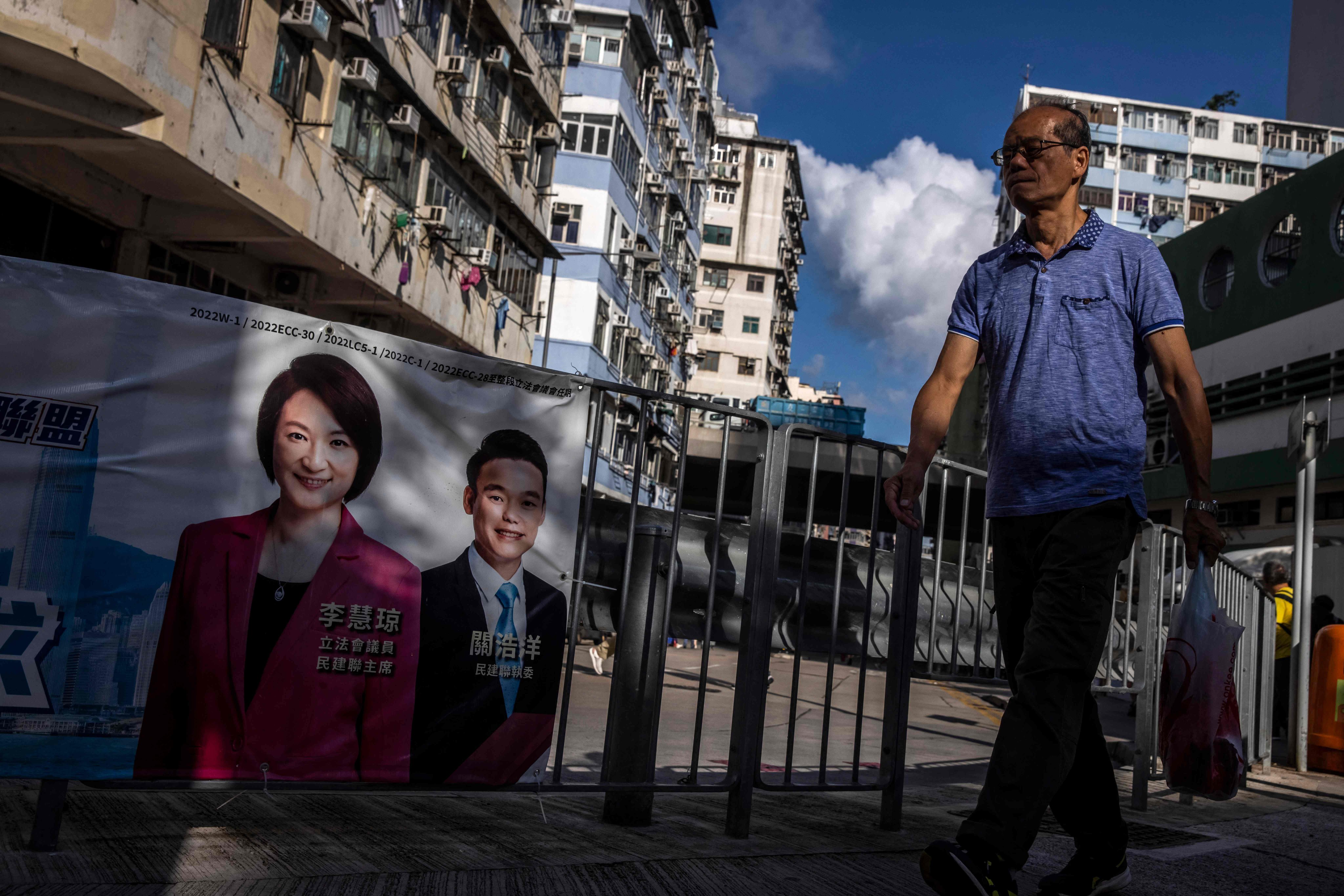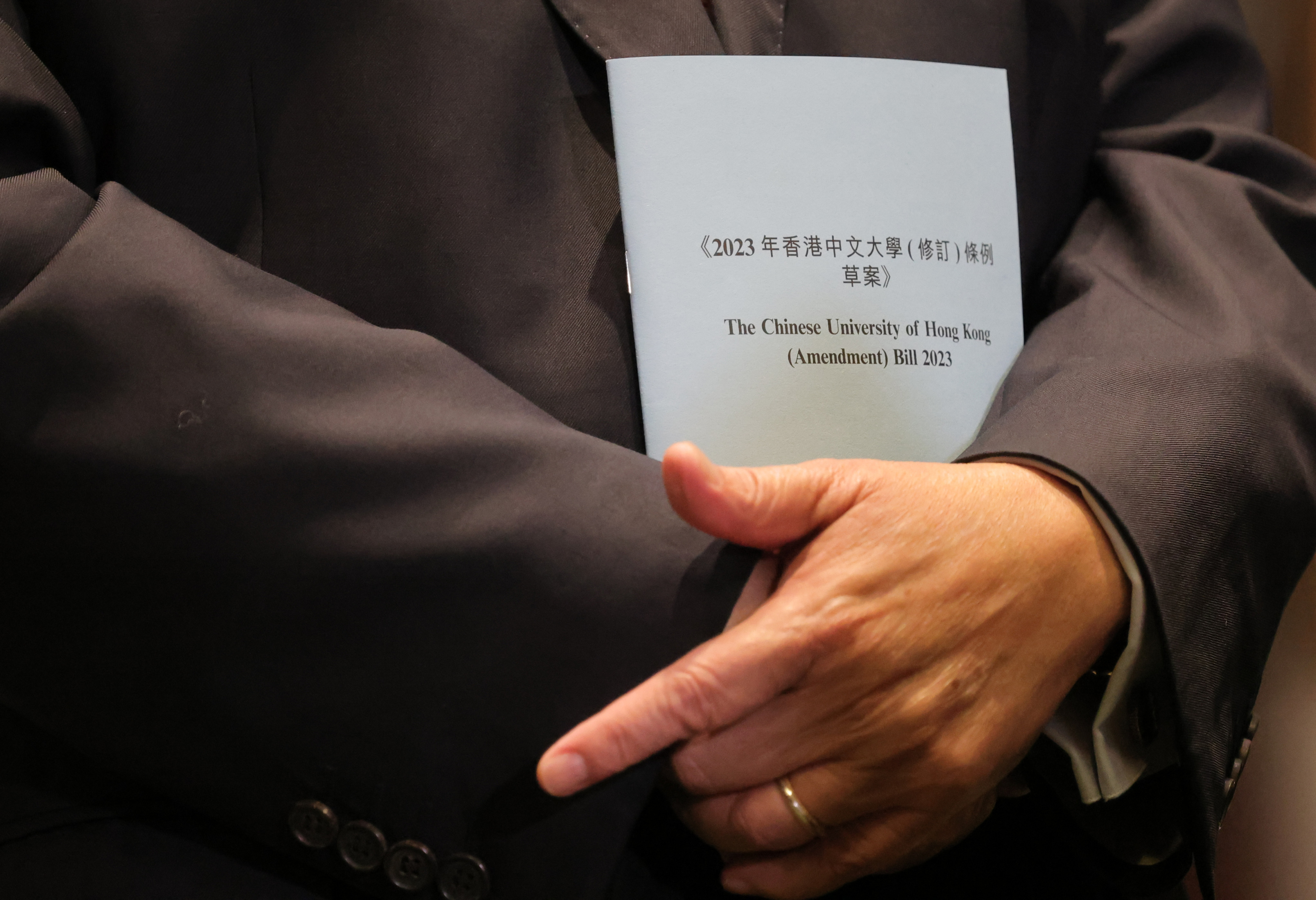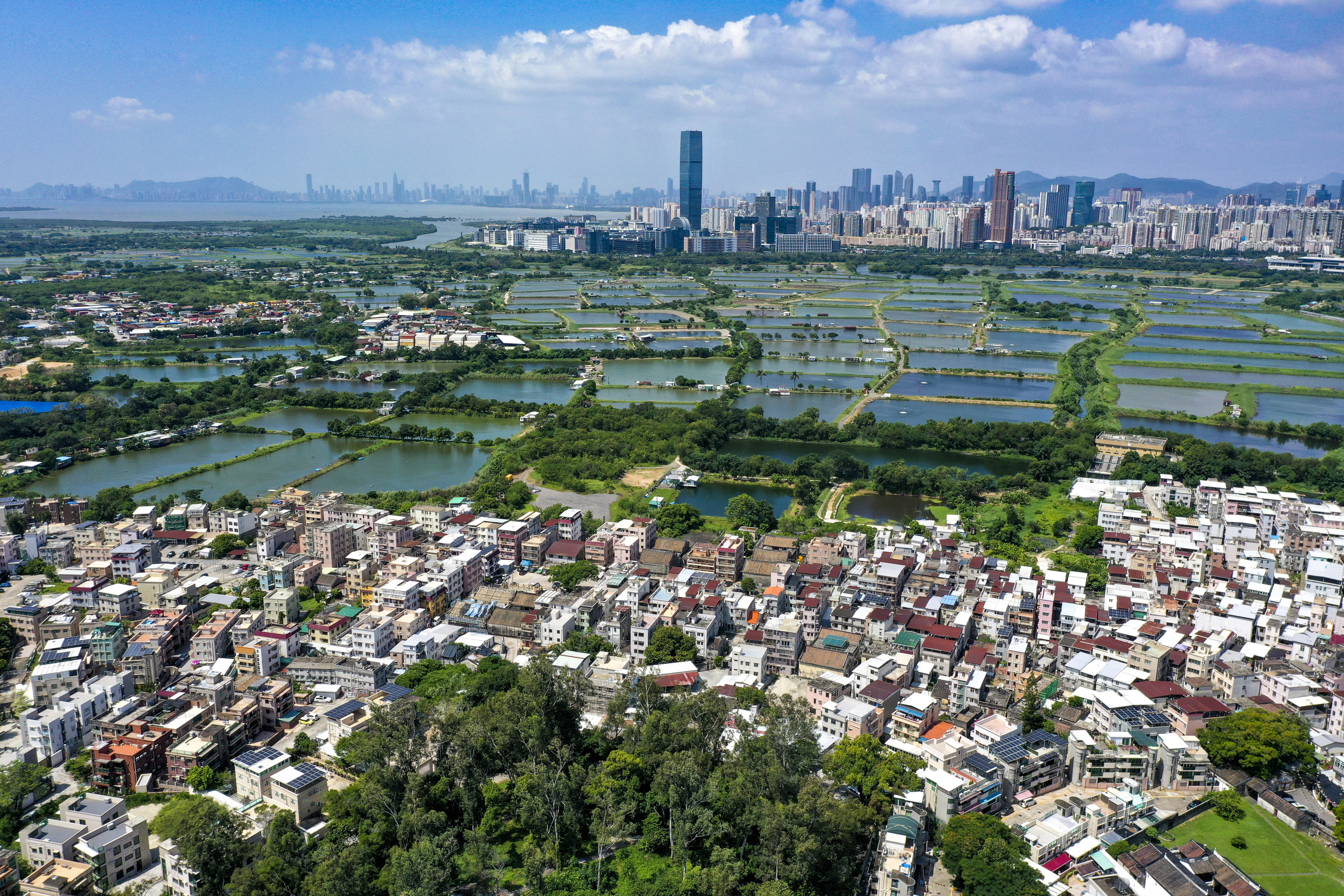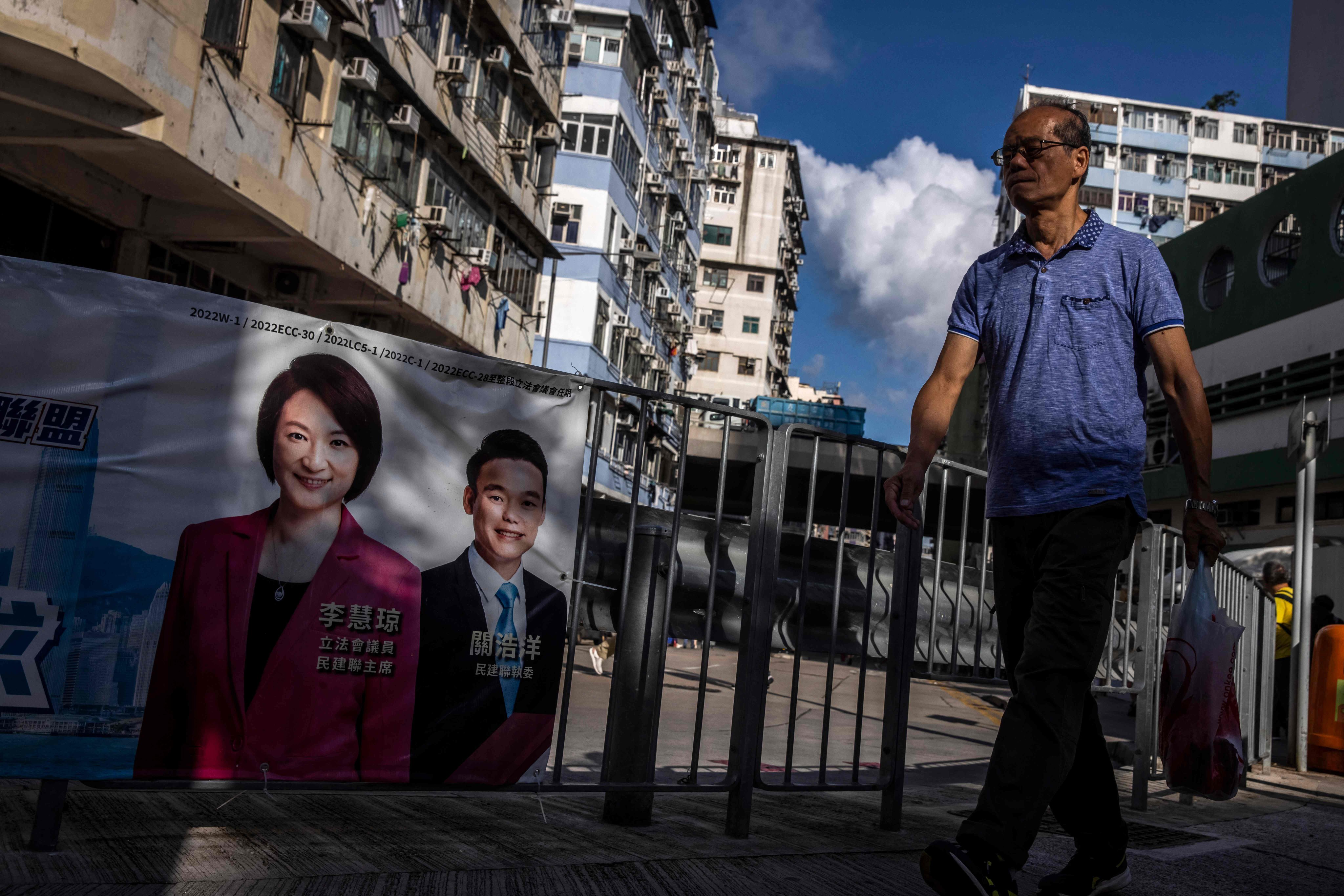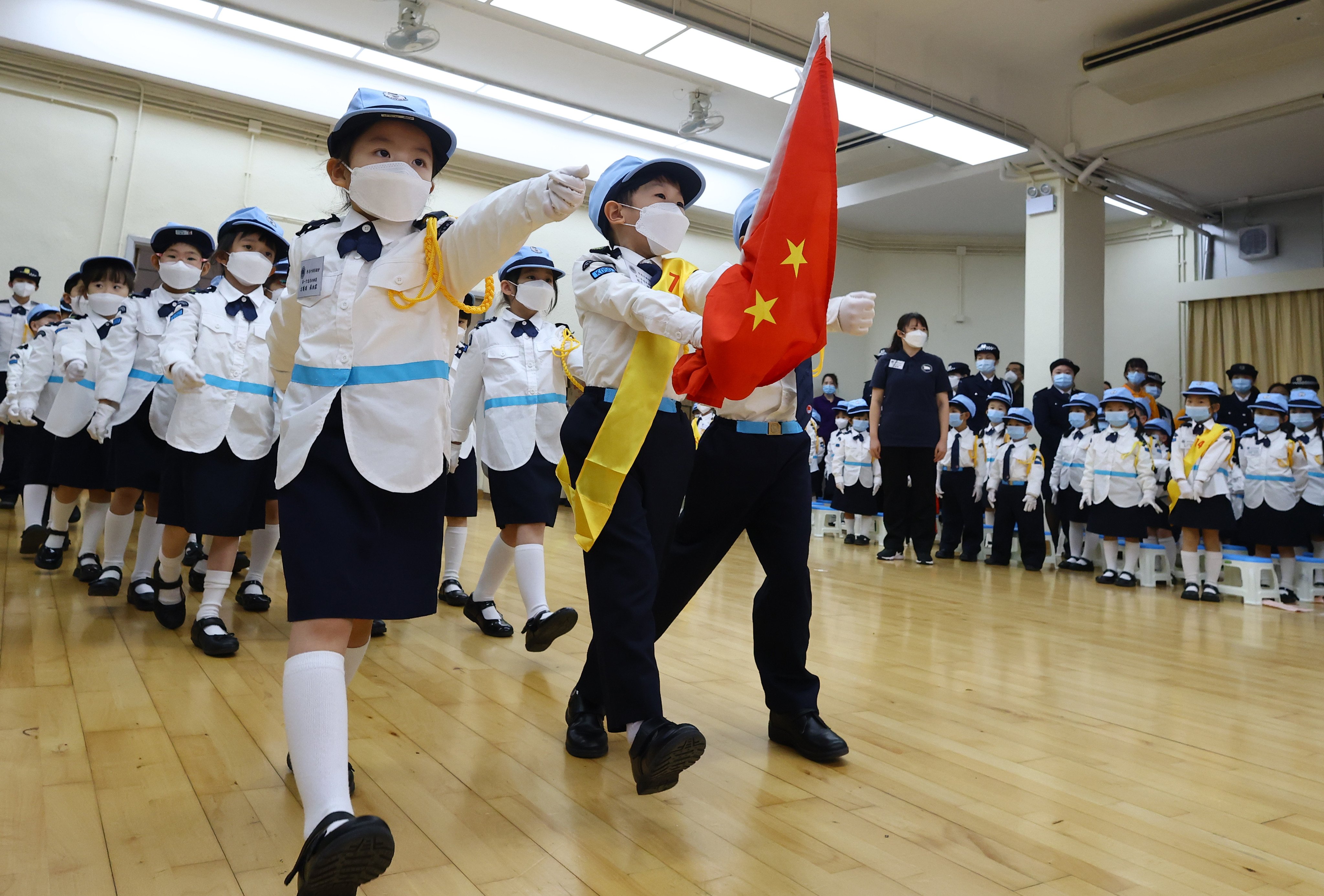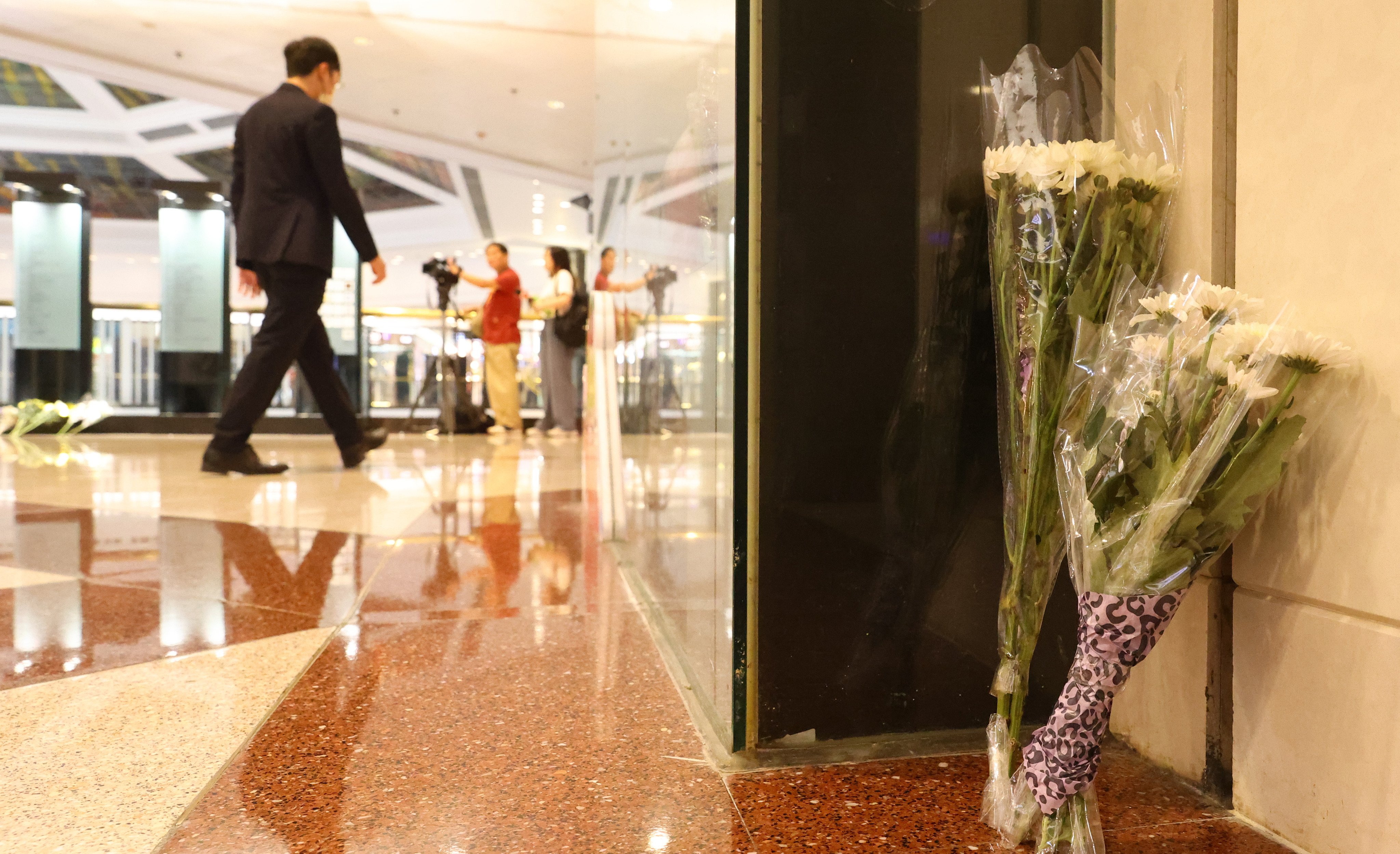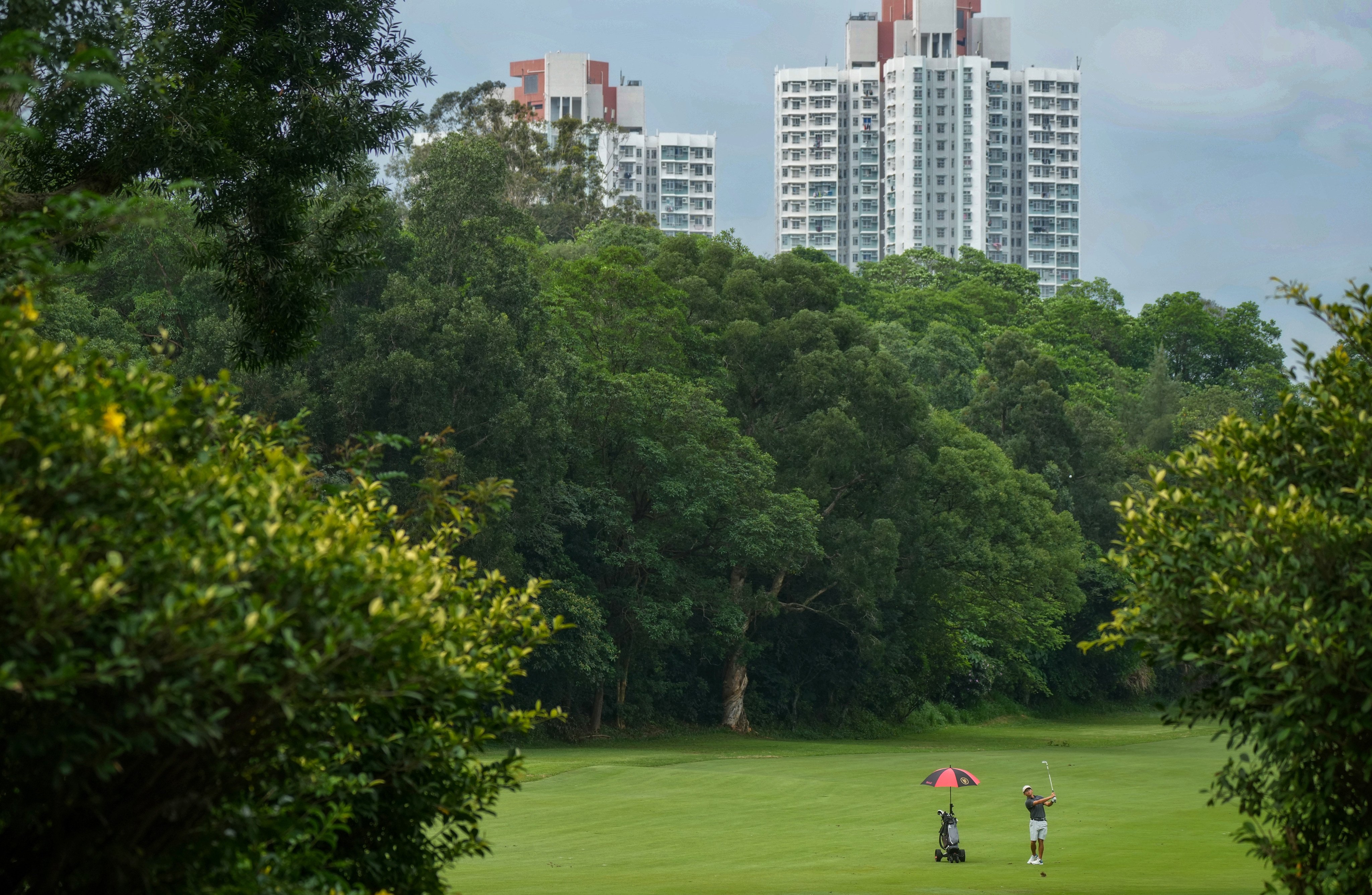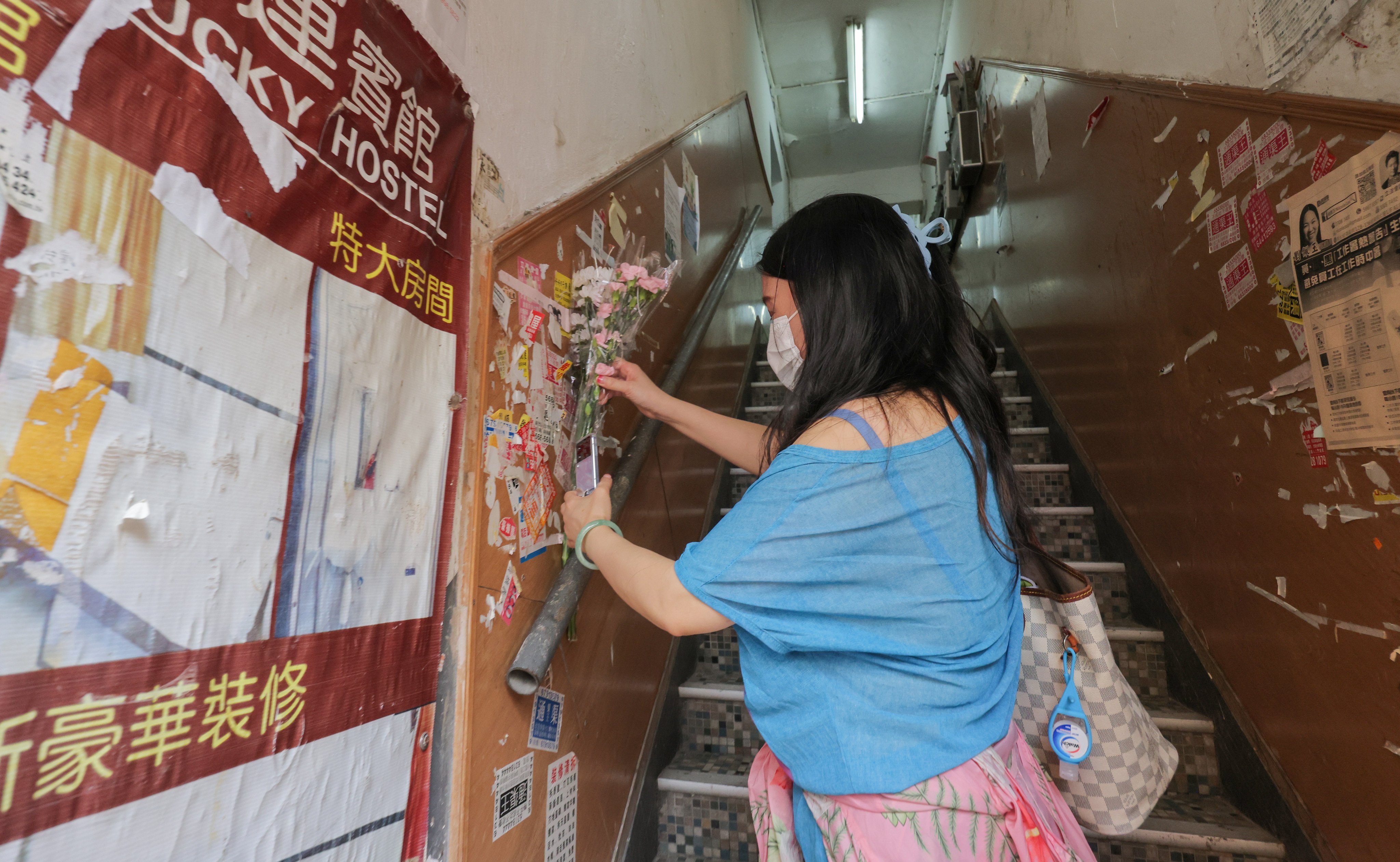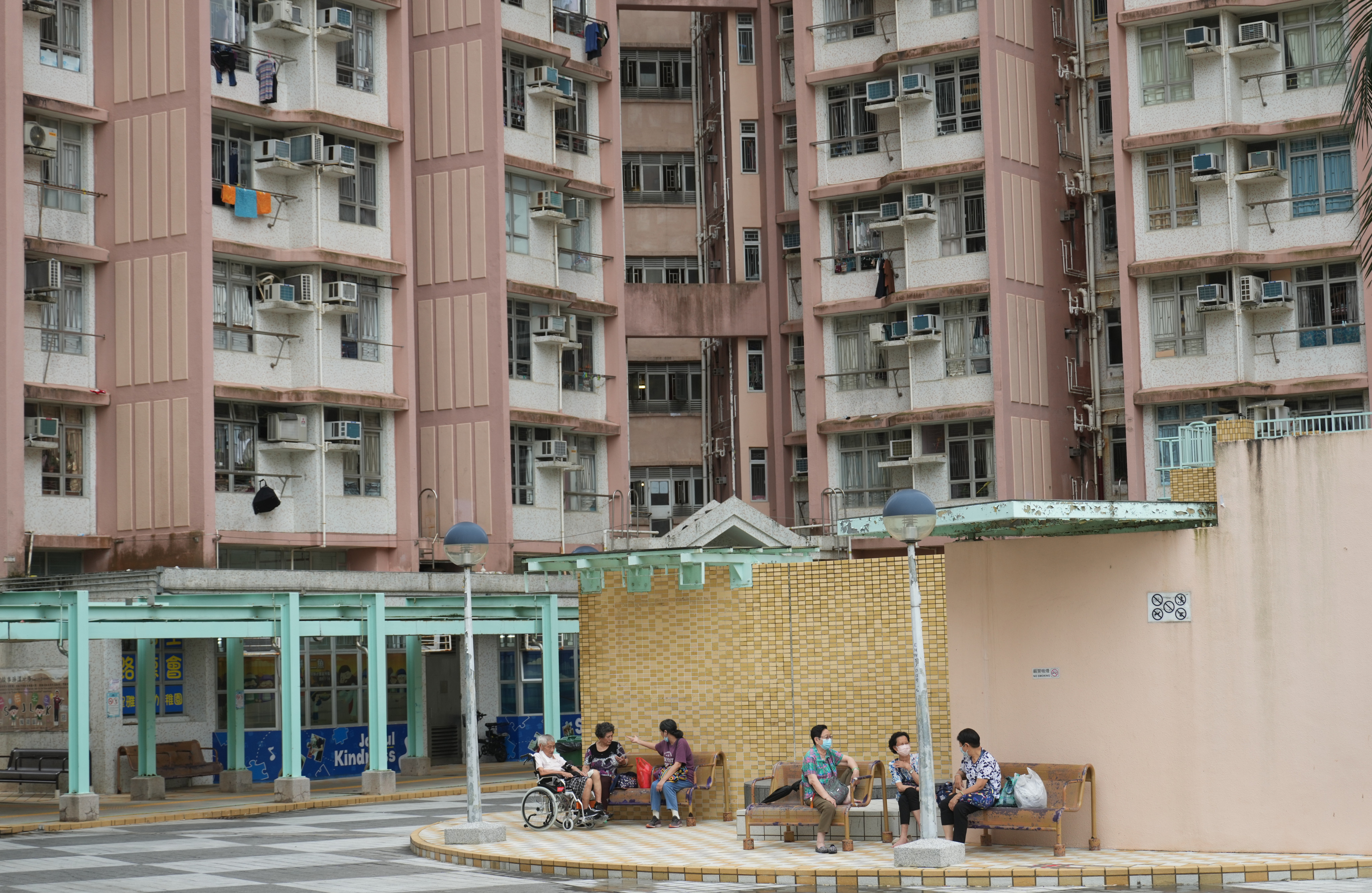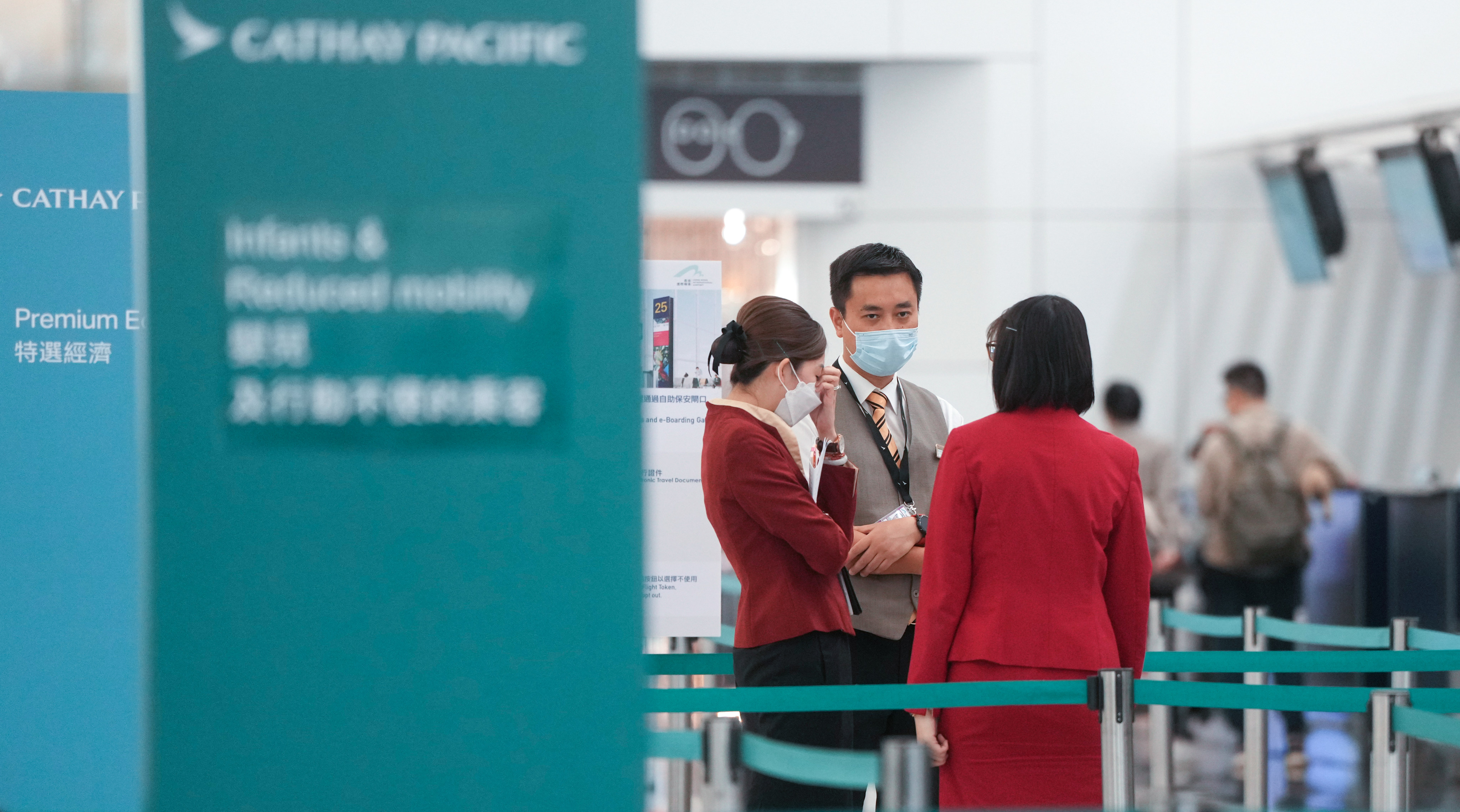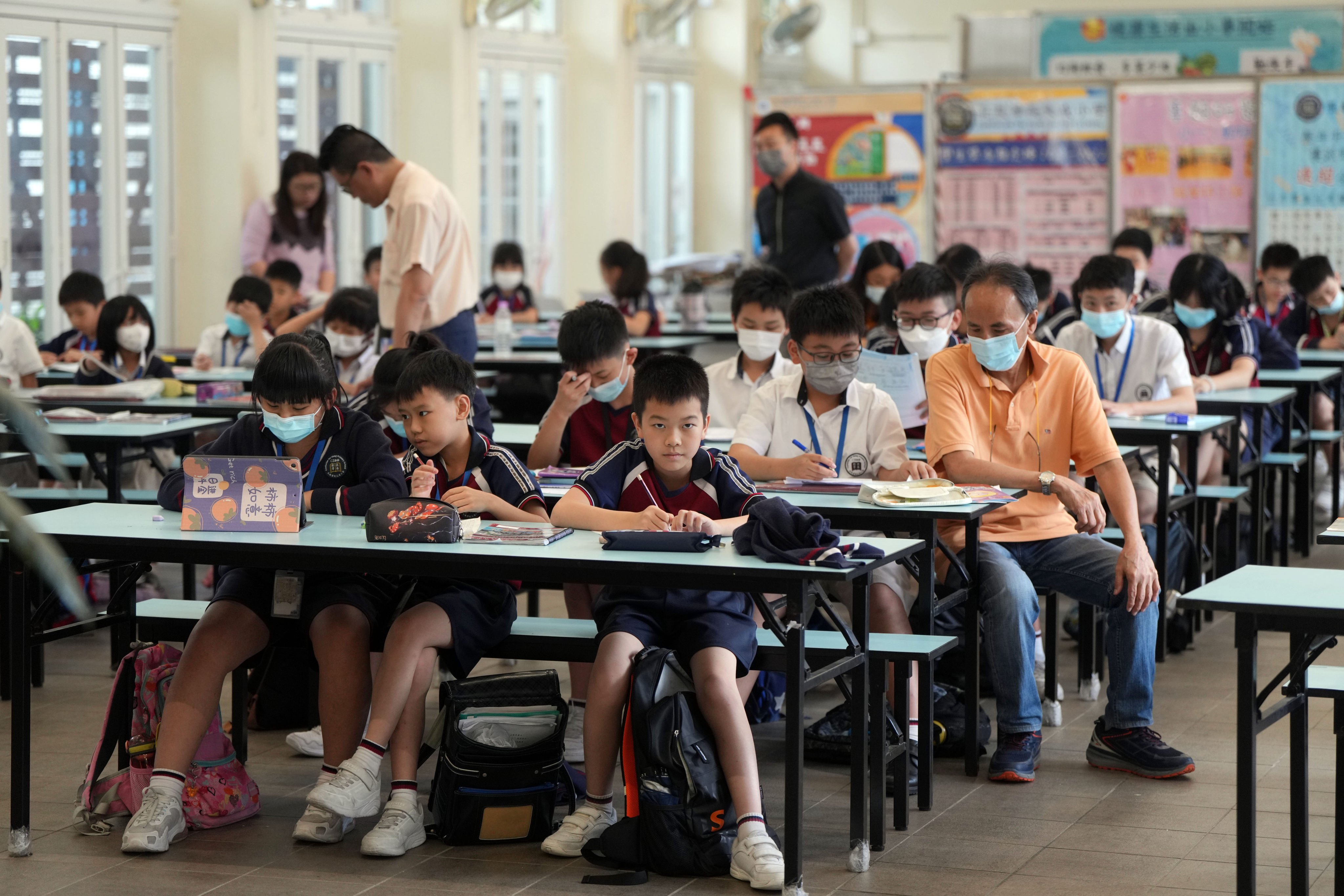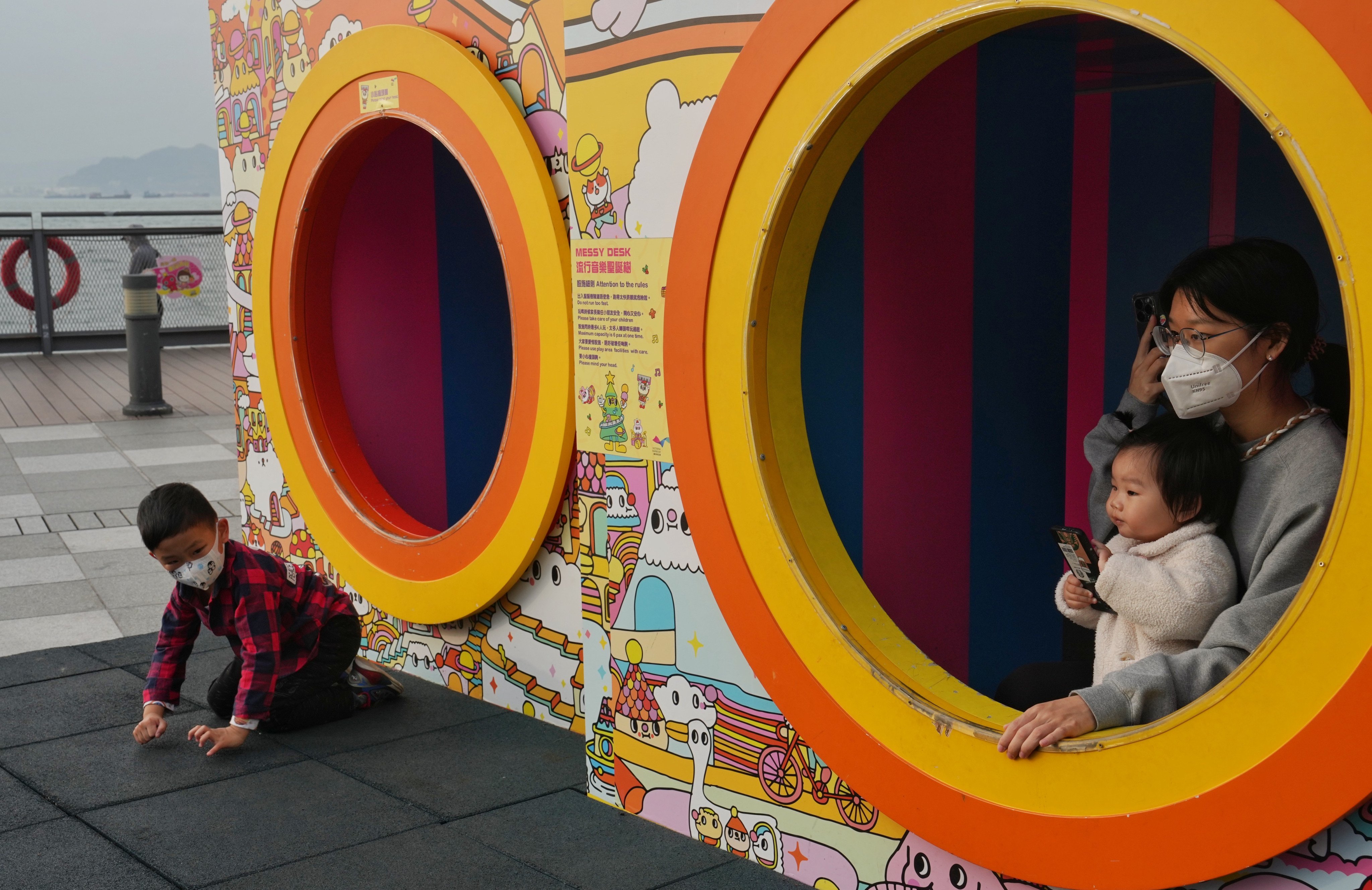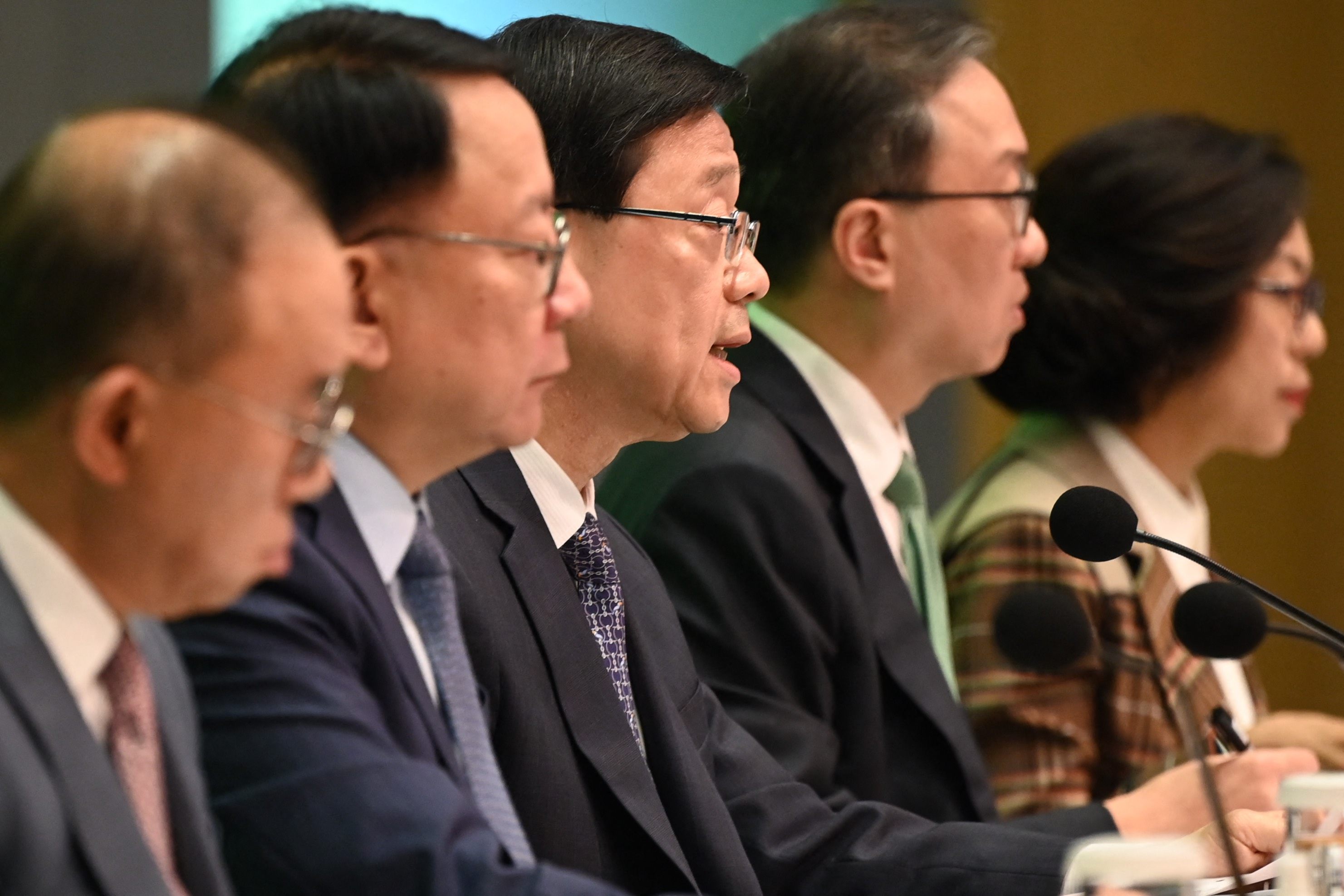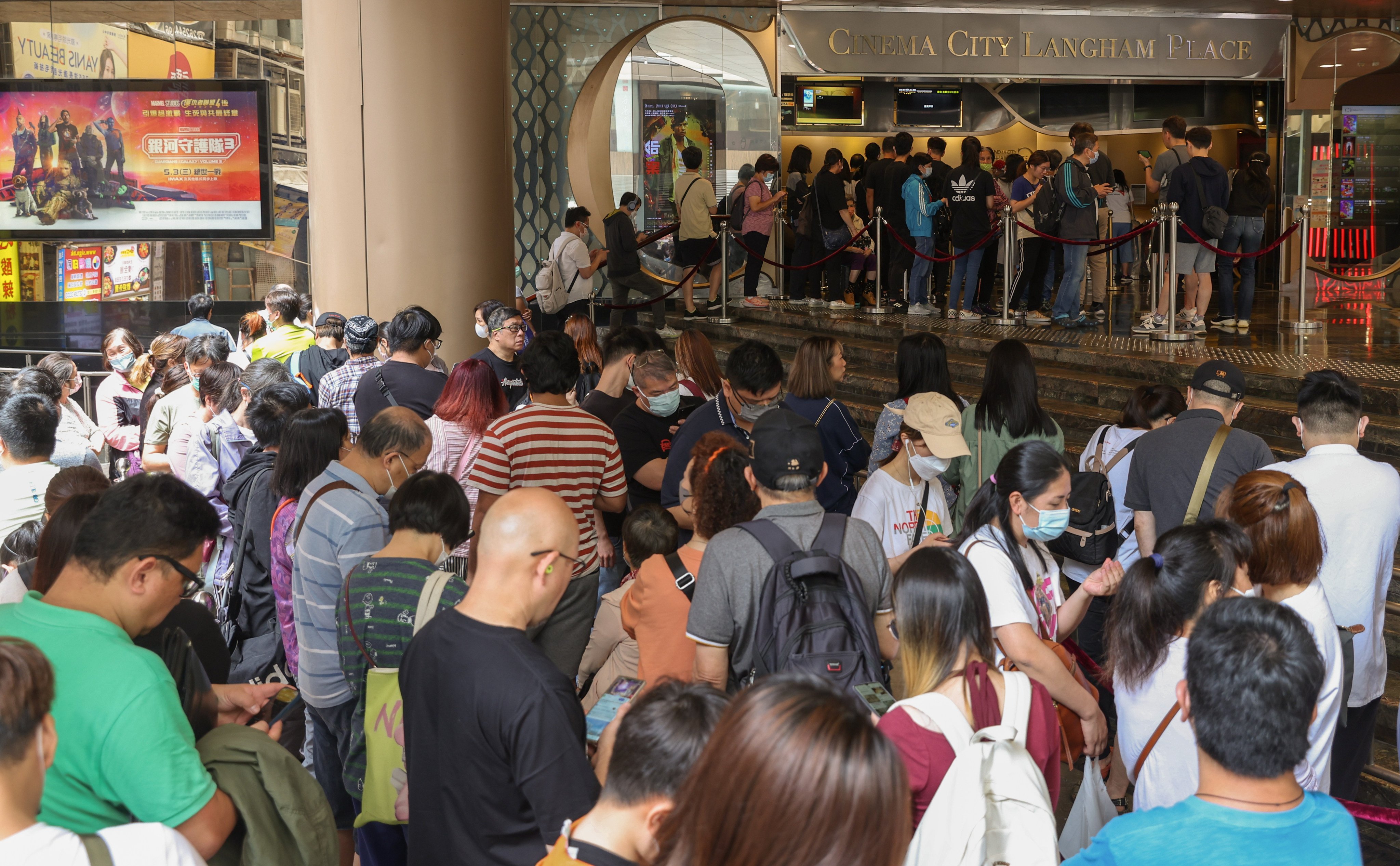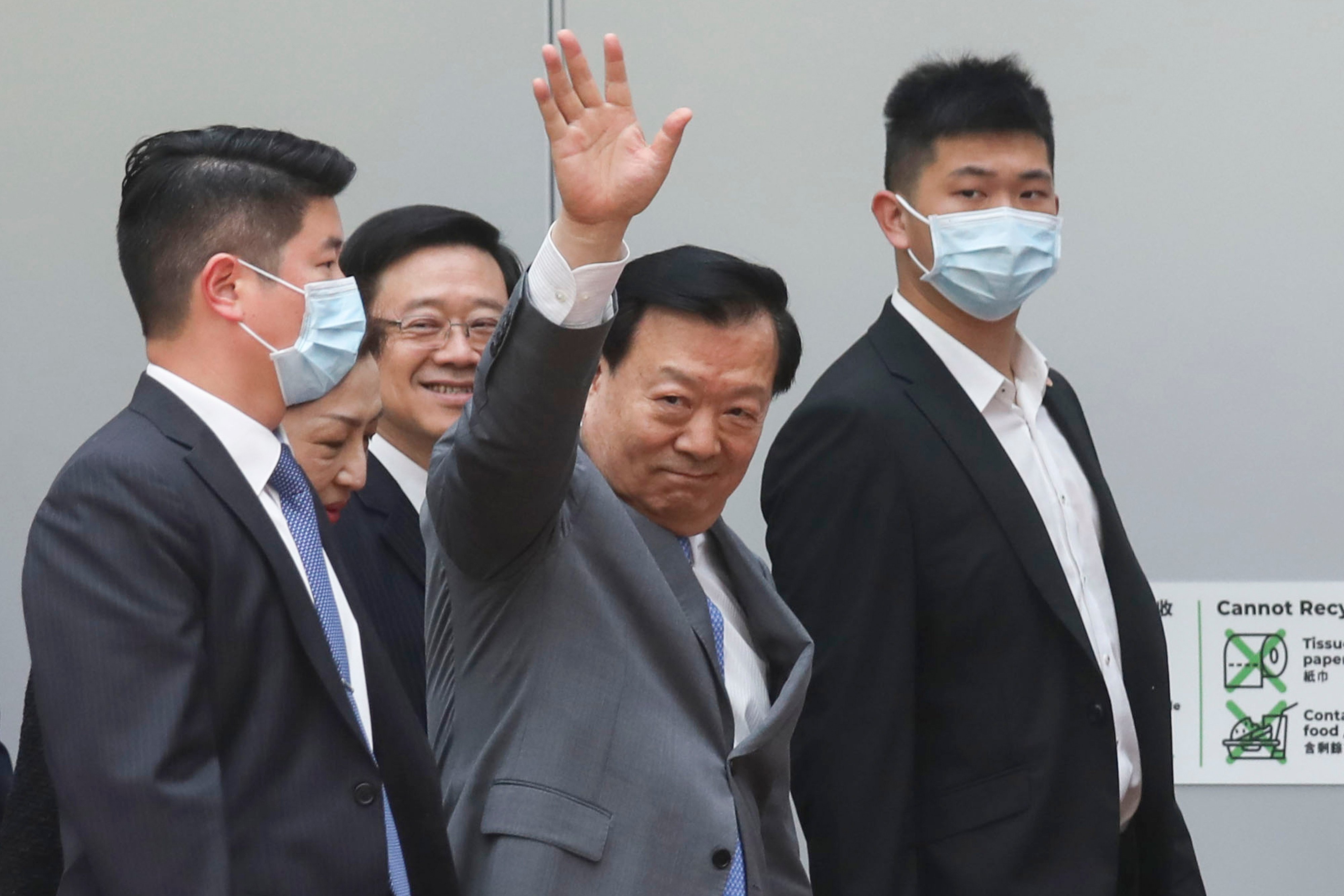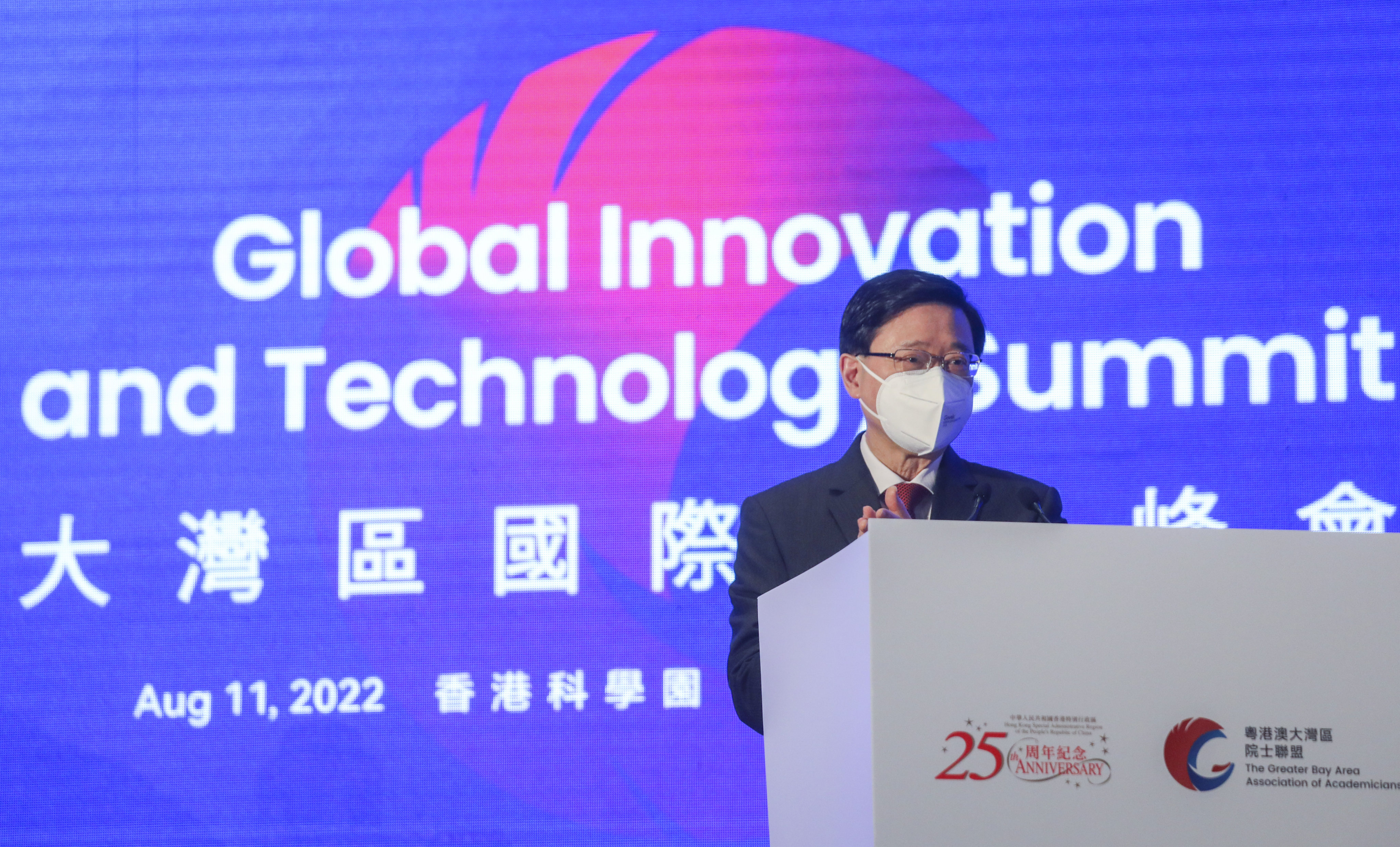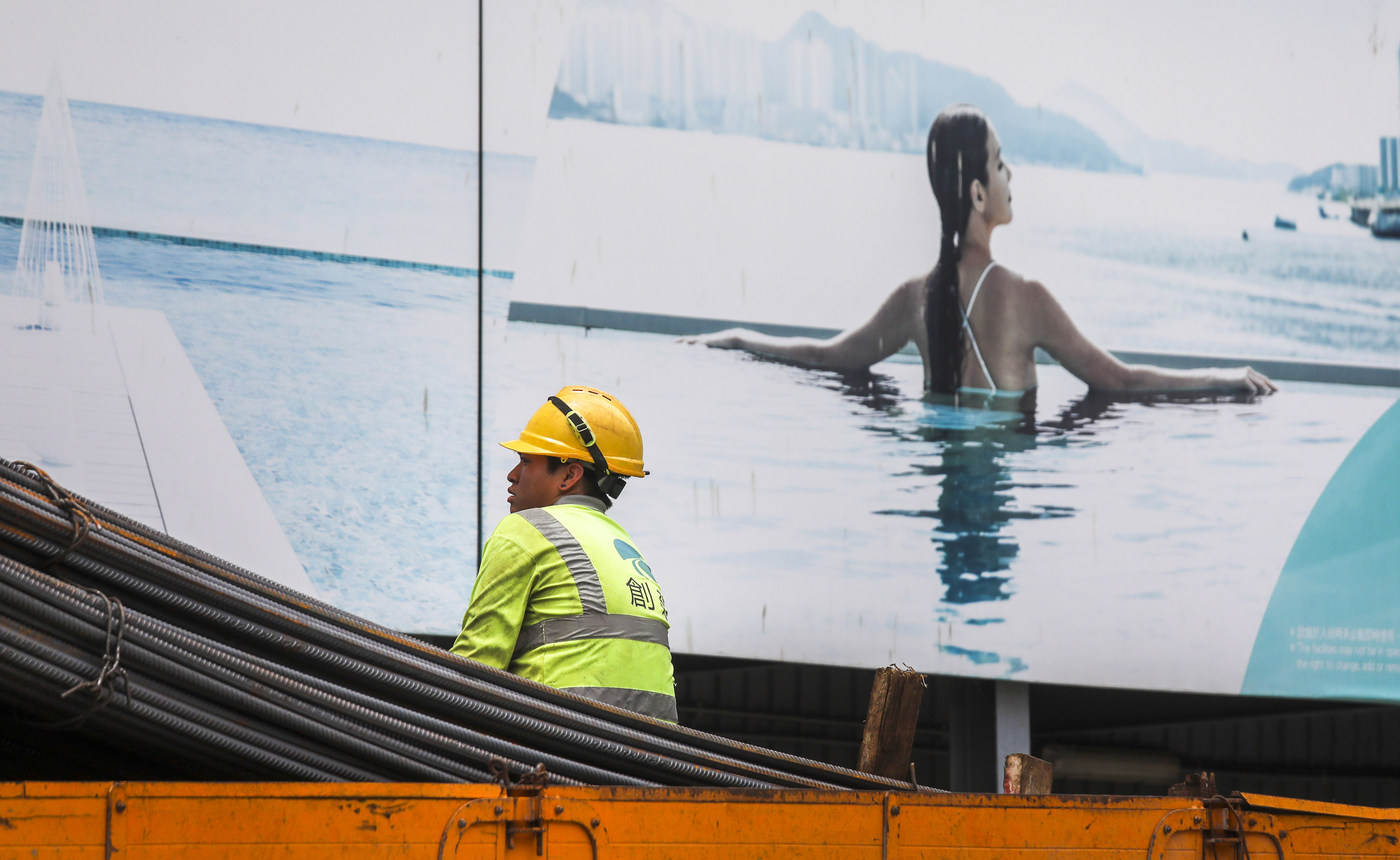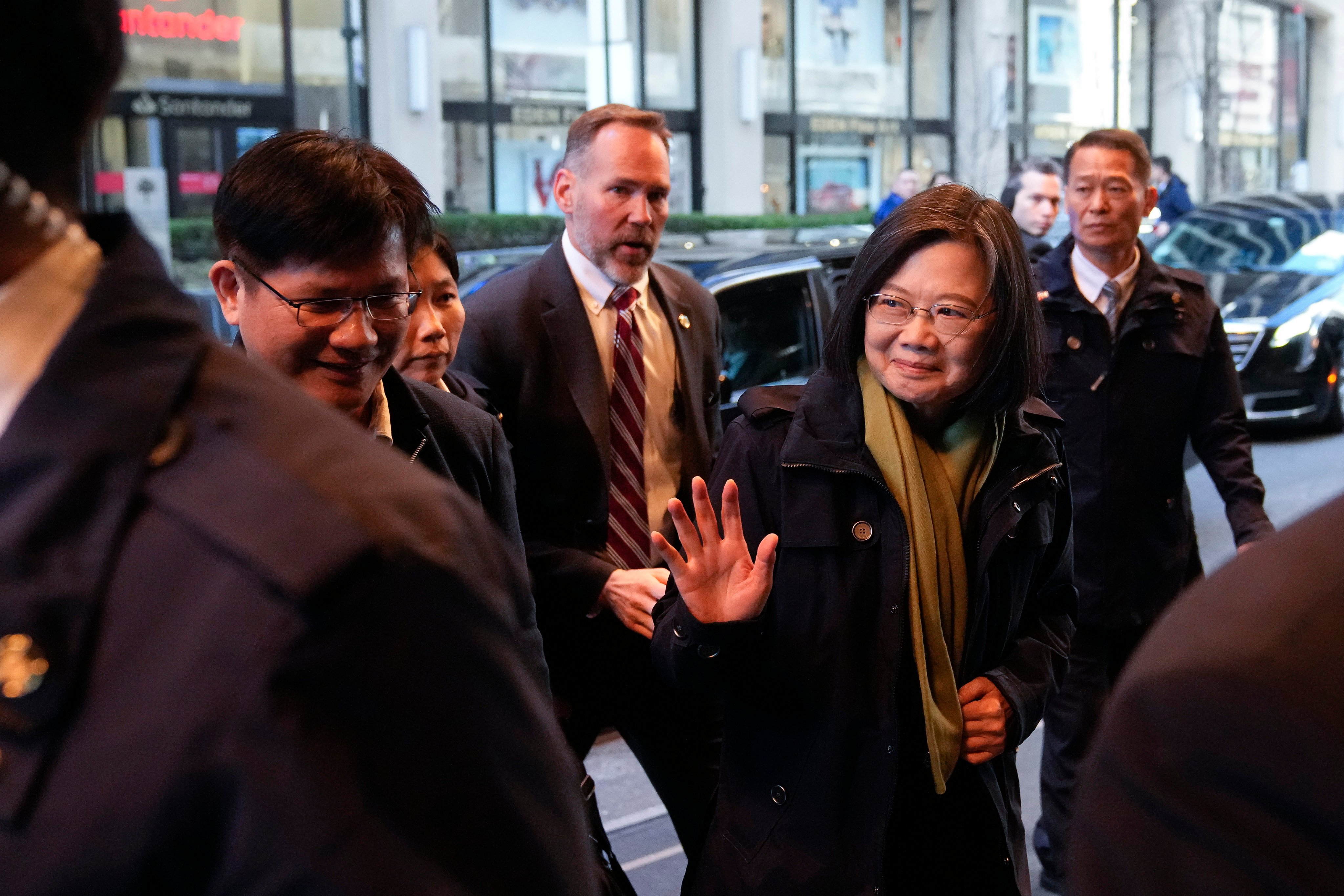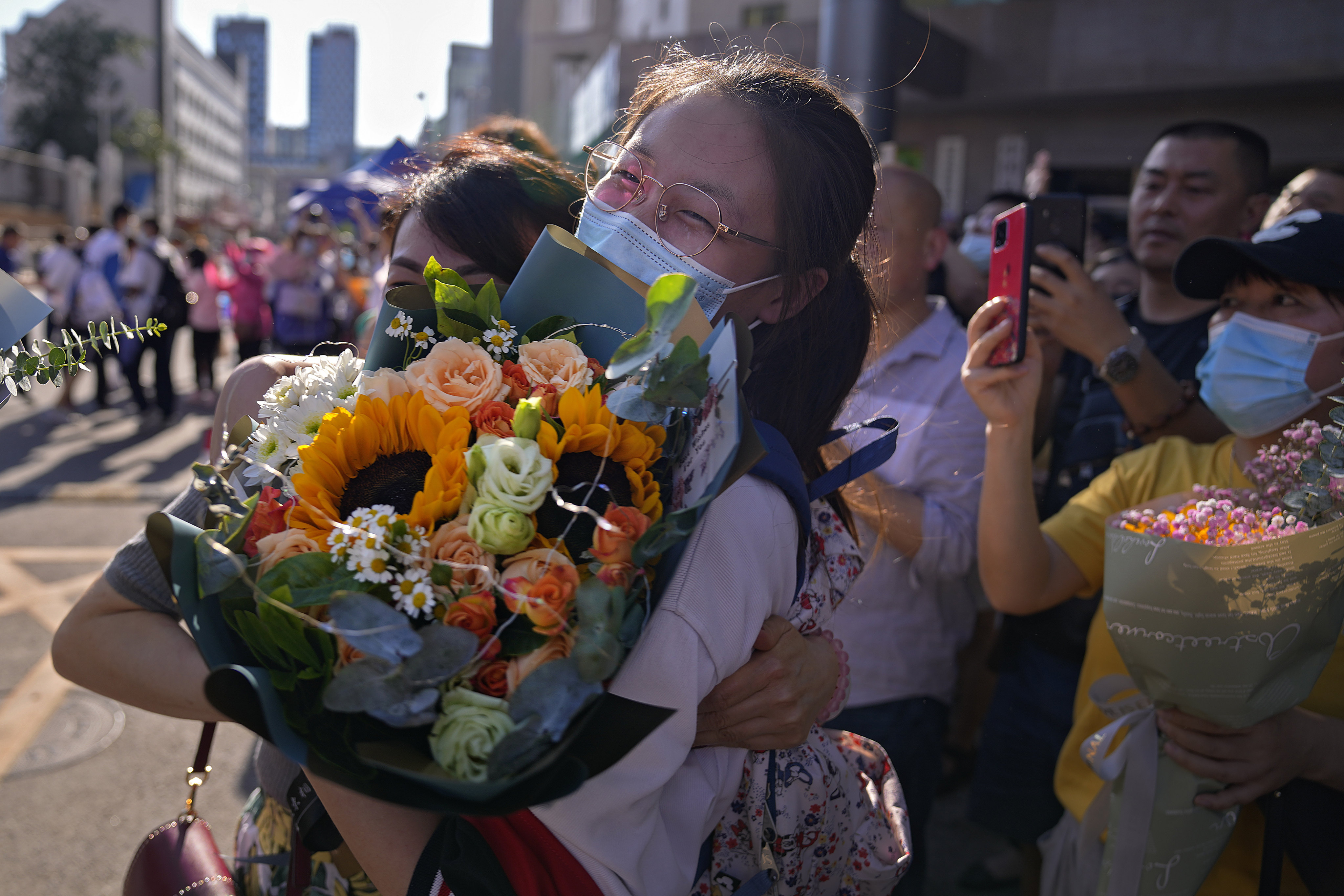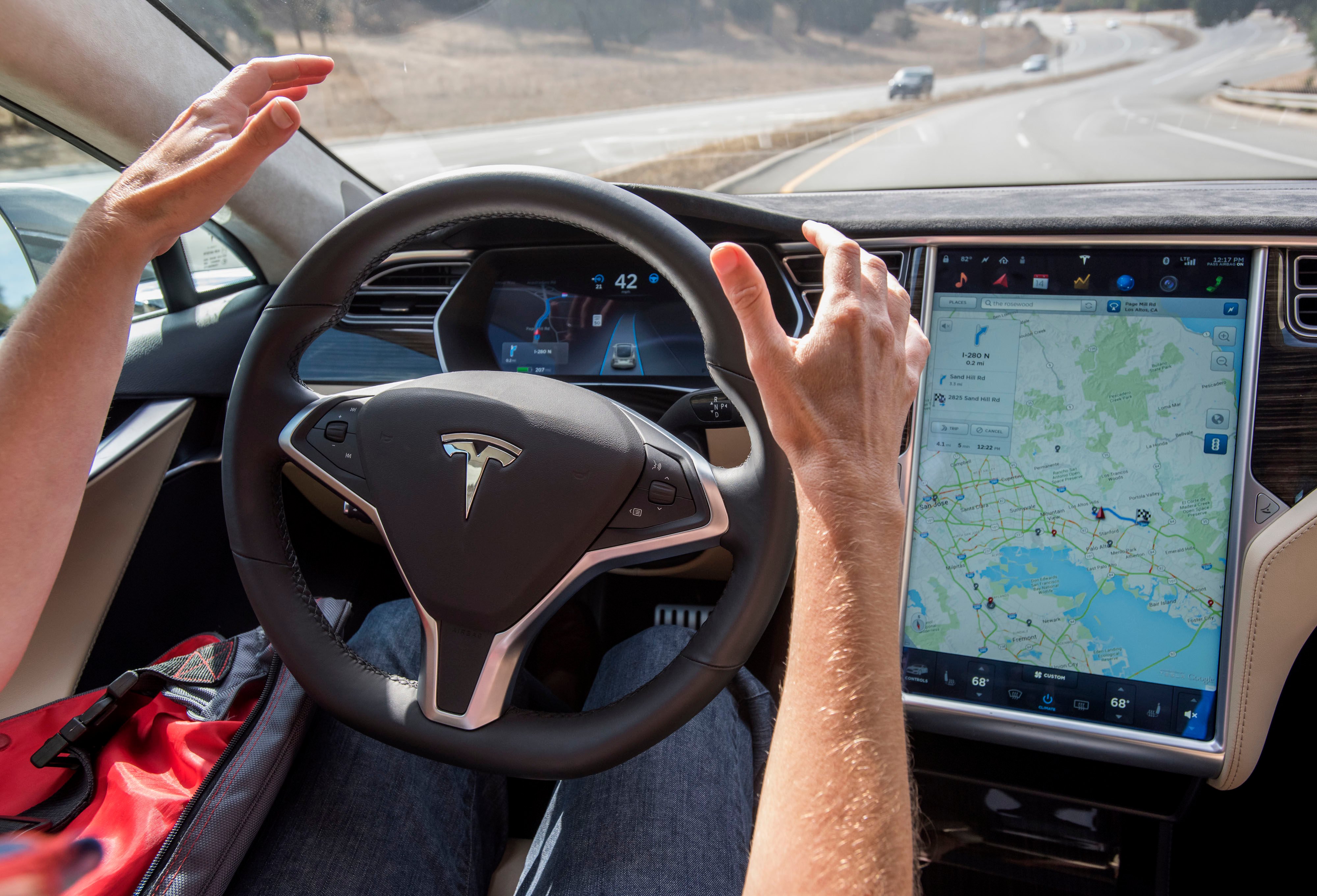
Our athletes haven’t just made history, they are telling the stories Hong Kong needs to hear about overcoming the odds and showing hard work pays off. John Lee’s promise of celebrations is good but it’s time to really support sports.
The fanfare over the launch of ‘Night Vibes Hong Kong’ did not prevent the Wan Chai night bazaar tripping up over something as basic as steady power supply. Unless the city gets to grips with the fundamental obstacles impeding its growth and happiness, feel-good campaigns will provide only a temporary boost.
Political powerlessness fuelled 2019’s social unrest. Sweeping political changes since then have left Hongkongers disengaged, and deep trust issues remain. The authorities must work on re-engaging the electorate.
Without the change wrought by the #MeToo movement, flawed as it was, the Spanish football chief wouldn’t have quit over an unwanted kiss. However, as recent events in Hong Kong and Japan show, women and men are still vulnerable to sexual harassment and abuses of power.
Such acts have been known for decades. Universities must now step in and stop “ocamps” from degenerating into sanctioned abuse, hazing and harassment.
The culture of political flattery has gone too far. It creates a greater disconnect between the people and those with a seat at the table, and tarnishes the good stories leaders want to tell.
The troubled history of the arts hub notwithstanding, its efforts to make itself financially viable by ‘thinking out of the box’ should be supported – but not if it means diluting its stated purpose of promoting arts and culture.
While population growth is encouraging, officials must remember that retaining the talent they have attracted requires addressing many long-running issues. Unaffordable housing, long working hours, poor support for families, falling birth rates and more will keep new talent from putting down roots in Hong Kong.
As Starry Lee leaves party leadership and district council work behind to focus on national politics, the challenge for her DAB successor is to find a future for the party in a changed political landscape.
The film received a cool reception in South Korea, where the presidential election has amplified fear of feminism. While the need for women’s empowerment is openly discussed in Hong Kong, a lawmaker’s comments highlight misunderstanding of the impact of gender inequality.
Lawmakers who made the bold move of trying to initiate change through legislation, rather than leaving it to the governing council, should not shy from having to defend their bill to the public.
Kissinger’s warm reception shows Beijing is in favour of cooperation and offers much-needed hope to the world that US-China diplomacy can make a comeback.
One of the biggest hurdles in Hong Kong’s quest to attract talent and become a technology and innovation hub is housing, and not just home prices. The San Tin Technopole’s importance to the city’s economic growth means the government cannot afford to repeat mistakes like those made when planning Tin Shui Wai.
This political detox should be enough for the powers that be to feel more secure about the new electoral system: mechanisms are in place to ensure that this city’s public office holders on all levels are certified patriots.
News of the central government’s draft patriotic education law has raised questions about how and to whom it will be applied in Hong Kong. While the city is unlikely to see a repeat of the protests held against national education, there is still be some unease over the proposed law.
Parody souvenir items alluding to mental illness have popped up online, following a string of violent attacks in the city. These items, and the mocking comments they draw, only serve to perpetuate the stigma that deters troubled individuals from getting the help they need.
Public hearings are an important part of the policymaking process as Hongkongers have a right to know the variety of views on government proposals. Being unresponsive to public concerns about projects, such as Lantau reclamation or golf course redevelopment, risks undermining efforts to promote harmony in Hong Kong.
Recent killings have put mental health, and the stigma associated with it, back in the spotlight and society needs to come together to deal with the traumas. Government efforts to address growing mental health concerns are welcome, but they don’t go far enough.
The tighter new rules aimed at curbing abuse of public rental housing and the Home Ownership Scheme may end up only addressing a handful of offenders. However, given the housing struggles of many in the city, injustice, even on a small scale, must be tackled.
While Cathay management engage in damage control, the incident is forcing Hong Kong to confront its culture of discrimination. Years of tensions between Hongkongers and mainlanders show that what John Lee calls the ‘culture and values of respect, courtesy and inclusiveness’ is just a comforting myth.
The government says it wants to ‘foster a supportive environment for childbearing’, yet at the same time it is closing schools. Rather than a crisis, the fall in student numbers is an opportunity to have smaller classes and fix the learning gap left by the pandemic.
A recent motion on promoting women’s development sparked important debate in a legislature that has been too quiet amid recent reforms. Unleashing women’s potential and encouraging them to work while having more children will require reshaping views and bringing the issue to the community.
The administration should have shut down ‘district councils’ altogether, given that its proposal to overhaul them will face little resistance in the Legislative Council. As it is, the government’s failure to rename and rebrand the district-level bodies has led to the criticism that the overhaul is a ‘regression’.
The free food and discounted movie tickets on offer are nice but do nothing to address the real problems plaguing Hong Kong residents. The city’s scalping industry is thriving, electricity and transport costs are rising and Hongkongers continue to face hazardous work conditions.
Xia Baolong’s visit is a taste of how Beijing-Hong Kong politics will work, with greater stability and efficiency. But there must be more assurance that people’s voices are heard and given due consideration.
Hong Kong’s need to diversify its economy has long been known, but efforts to develop innovation and technology have had mixed success. The tired old formula fails to take into account how the digital economy has reformed traditional business models. It’s time for officials to embrace change.
Any decision to import labour isn’t just a matter to announce to the media ahead of Executive Council meetings. Such decisions have far-reaching and irreversible consequences, and the government must take time and care to communicate with the public.
Offsetting Taiwanese president Tsai Ing-wen’s US stopover by her predecessor Ma Ying-jeou’s mainland visit is an incredible tag-team feat meant to head off a worst-case scenario. Engagement and holding fast to the 1992 consensus, however ambiguous it might be, leaves room for dialogue rather than confrontation.
As middle-income economies surpass high-income ones in happiness levels in Ipsos’ latest survey, Hong Kong may need to look beyond GDP to boost contentment. Mainland China topped Ipsos’ list, with respondents citing relationships with family and friends as their top drivers of happiness.
Much like GPS made reading maps a less useful skill, the rise of ChatGPT and AI chatbots risks tamping down our creativity in favour of safe answers. The issue is not whether AI is good or bad but whether parents, educators and leaders are doing their job to open young people’s minds.

